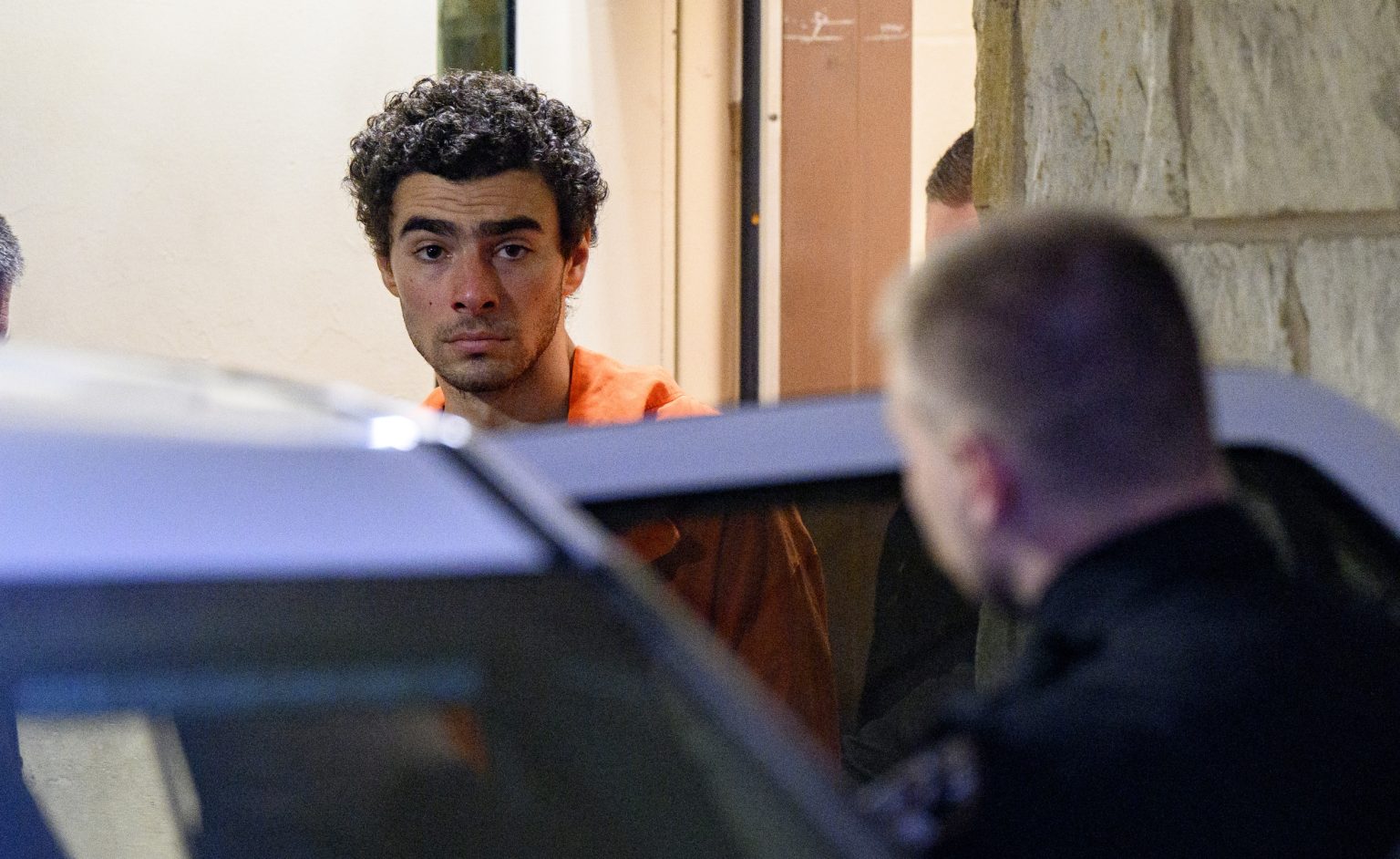Michael Moore’s commentary on the aftermath of the United HealthCare CEO’s assassination by Luigi Mangione unfolds as a complex exploration of America’s for-profit healthcare system and the simmering public anger it fuels. Mangione’s manifesto, referencing Moore’s work as illuminating the industry’s corruption, thrusts the filmmaker into the spotlight, prompting media inquiries about his stance on violence. Moore uses this as a springboard to dissect the nature of violence, arguing that the true violence lies within the system itself – a system that denies healthcare, leading to financial ruin and preventable deaths. He meticulously lays out the staggering statistics of a system that employs more people to deny care than to provide it, highlighting the inherent contradiction and cruelty at its core. He posits that the public outcry isn’t a celebration of the CEO’s death, but rather a desperate cry for help, a manifestation of long-suppressed frustration with a system that prioritizes profit over human life.
Moore vehemently condemns the for-profit healthcare system, not the individual act of violence, drawing parallels between this systemic violence and the violence perpetuated by the gun industry, the war in Iraq, and other historical injustices. He emphasizes that the public’s anger is justified, a natural response to decades of exploitation and suffering. He directs his condemnation towards the CEOs of these insurance giants, the politicians who enable their practices, and the media that often fails to accurately portray the depth of the crisis. He challenges the narrative that political violence is an anomaly in America, arguing that the nation’s history is steeped in violence, from the displacement of Native Americans to ongoing military interventions abroad. He contends that the focus should not be on suppressing the public’s anger, but on addressing the root causes of that anger.
The filmmaker then delves into the media’s handling of the assassination, criticizing their swift shift from labeling Mangione’s writing a “manifesto” to dismissing it as “nonsense.” Moore interprets this as a calculated move by the insurance industry to control the narrative and prevent widespread public dissent. He underscores the power dynamic at play, emphasizing the vast disparity between the wealthy elite and the millions of working-class Americans struggling to make ends meet. He suggests that the act of calling Mangione’s writing a “manifesto” would acknowledge its potential to inspire change and threaten the status quo.
Moore draws a comparison between Mangione’s 262-word manifesto and other historically significant speeches, such as Lincoln’s Gettysburg Address and presidential addresses justifying wars. He highlights the irony that even declarations of peace can lead to immense violence and loss of life. This serves to emphasize the weight of Mangione’s words and their potential to ignite a movement for change within the healthcare system. He underscores the tragic reality that countless Americans die due to lack of access to healthcare or denial of coverage, framing these deaths as a direct consequence of the for-profit system.
He then pivots to his proposed solution: a complete dismantling of the existing system and its replacement with a universal, free, and compassionate healthcare model. He points to countries like Scotland, Uruguay, Taiwan, and Canada as examples of successful universal healthcare systems. He frames the choice as stark: either embrace a humane and equitable system, or continue down the path of preventable deaths and financial ruin. This call to action is not a call to violence, but a call to revolutionize the system itself.
Finally, Moore urges his audience to watch his documentary, “Sicko,” which exposes the flaws and injustices of the American healthcare system. He provides a free link to the film, encouraging viewers to share it widely and join him in condemning the current system. By offering his film as a tool for education and awareness, he aims to empower individuals to become active participants in the fight for healthcare reform. He ends his commentary with a personal note, reminding readers of his humble beginnings and underscoring his commitment to addressing the urgent crises facing humanity. The implication is clear: the time for change is now.

